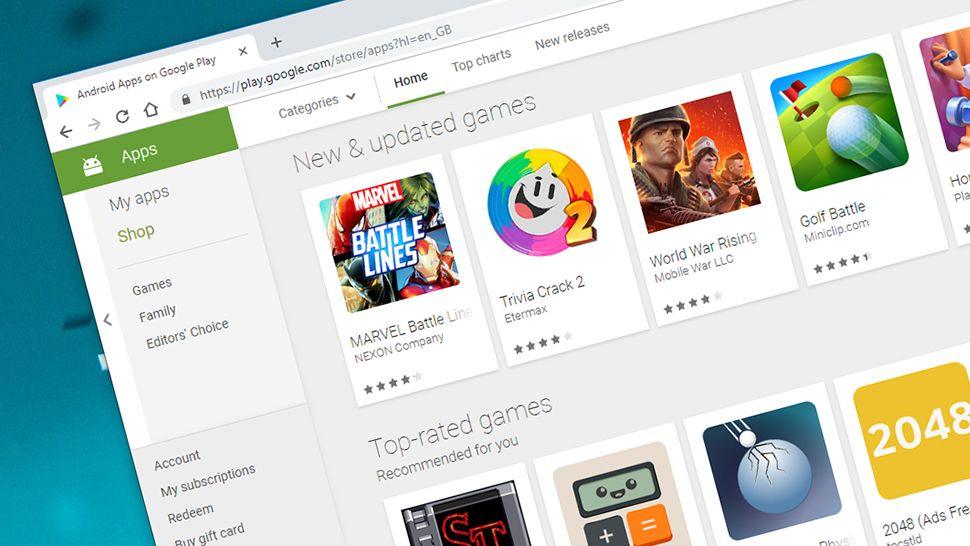- Google is now rolling out age verifications for users on the Play Store.
- Users may be asked to upload an ID, selfie, or credit card to prove their age.
- The move comes in response to new legislation at the state level in the US.
Google has begun rolling out age verification systems to its Play Store, a move that will require some users to prove they are 18 or older before being able to download certain apps.
This change, which mirrors a similar system recently introduced on YouTube, is part of Google’s effort to comply with emerging digital age laws and better restrict access to adult content.
The new system asks users to verify their age using one of several methods. These may include:
- Upload a photo of a government-issued ID
- Taking a selfie to estimate facial age
- Entering your email address for partnership checks
- Provide credit card details
- Using the third-party verification service VerifyMy
Failure to complete this check can reportedly prevent users from downloading a wide range of apps, not just those with explicit adult ratings.
The launch has been driven primarily by new legislation in several US states, including Texas, Utah and Louisiana, requiring app stores to implement stricter child safety and age restriction measures.
While the stated goal is to protect minors from accessing inappropriate content, the new requirements have sparked an important conversation among users about data privacy and the security of their personal information.
Protect your data during verification
Understandably, the new requirement to carry sensitive documents, such as a driver’s license, or undergo biometric scans, has raised privacy concerns.
Users are concerned about how this data will be stored, who will have access to it, and the risk of a data breach that could compromise them. Transmitting such personal information over the Internet always carries some risk, which is where using one of the best VPN services can provide an essential layer of security.
A VPN, or virtual private network, encrypts your Internet connection, creating a secure, private tunnel for your data.
When uploading a copy of your ID or entering your credit card details to verify your age, using a reliable VPN ensures this information is protected from prying eyes. This is particularly important when using public Wi-Fi networks, which are often unsecured and can be a hunting ground for cybercriminals.
For example, a service like NordVPN encrypts your traffic so that even if it were intercepted, it would be unreadable. This additional security measure can provide users with peace of mind when asked to share sensitive personal data to comply with these new digital regulations.
While Google has its own security protocols, taking personal responsibility for your data by using a VPN is a sensible precaution in an increasingly complex online world.
Follow TechRadar on Google News and add us as a preferred source to receive news, reviews and opinions from our experts in your feeds. Be sure to click the Follow button!




